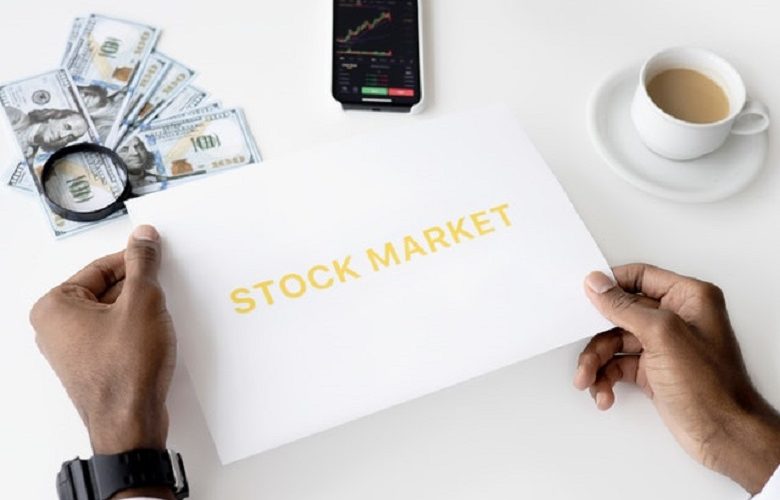Stock trading requires you to buy and sell shares in publicly traded companies. It’s highly speculative, as it deals with unknown variables, but it can be very profitable if you do your research. Anyone who owns a share may trade it – the minimum initial investment is 100 units of currency. However, the more units you invest, the more certain trades are to succeed. But this also increases the risk exponentially.
Stock trading is popular throughout Australia due to its high returns compared to traditional investments or other methods of making money. Many new traders begin their adventures by opening up an account at their favourite brokerage house – some offer better deals than others, so shop around for what works best for you. You should also consider fees associated with transactions, so keep costs down by looking for a brokerage that offers low transaction fees. Saxo Bank is an example of a great brokerage house to buy stocks in Australia.
How Can You Ensure You Are Successful With Stock Trading?
1. Educate Yourself
Don’t mistakingly think you can pick a winner. Sure, there are those people who manage to do it once or twice – but most of us end up losing money in the long run. Before buying shares in any company, research what they do, their current standing and forecasted performance.
2. Plan Your Trades
Once you’ve chosen a company, look at its past performance and how it will perform in the future based on similar data. This allows us as traders to predict what may happen with the share price over time, so we don’t buy too soon or sell too late. If you’re still uncertain about how to go about it, seek the advice of someone who has more experience in trading – they can help you make better decisions without losing too much money.
Previous performance is one thing, but the real question at hand is, “What will happen with this company?” The answer to this lies within your analysis of their current standing and how it fits into the market. Look for ways to improve revenue by looking at new markets or selling something else. All companies need cash flow if they want to survive – look for changes that may affect this, such as a public share issue or an introduction of a new product line.
3. Learn From Your Mistakes
Don’t be disheartened once you’ve completed your first trade and you’ve lost money. Everyone loses money at some point; the key is to learn from it and improve. Learn why you made that decision and what could have been done differently – was there a government announcement? What about company stocks?
4. Hypothesise Before Acting as a Trader
As a trader, we must always hypothesise before acting. This allows us to craft our idea of what will happen with the share price over time to make better decisions without losing too much money. It comes down to this: if you’re going into a transaction that costs more than 10% of your account per trade, do not go in blind – if it’s too risky, make it smaller.
5. Research Your Brokerage House and Don’t Leave Money with Them
There is an entire industry based on brokering stocks in Australia; you should research each and decide which one would be best suited to you.
Remember to take note of essential information about each brokerage house. Take note of:
- Fees charged
- Types of products they offer or support
- Available markets you can trade on
- What tools are provided when trading online
- Whether you can speak with a broker whilst trading and more
This way, you will know exactly who to deal with when opening an account. Always read the terms and conditions before signing up, and if it doesn’t suit you, don’t sign up.
Finally: Only Invest What You Can Afford To Lose
It’s advisable to set aside 10% of your net worth for investment in the stock market to avoid too much risk. This way, you’ll still have 90% of your net worth if you make a mistake. The first thing any trader must do is decide what they are comfortable losing money on. The only way you can avoid losing more money is to limit your trading capital – if you can’t afford to lose it, don’t risk it.





